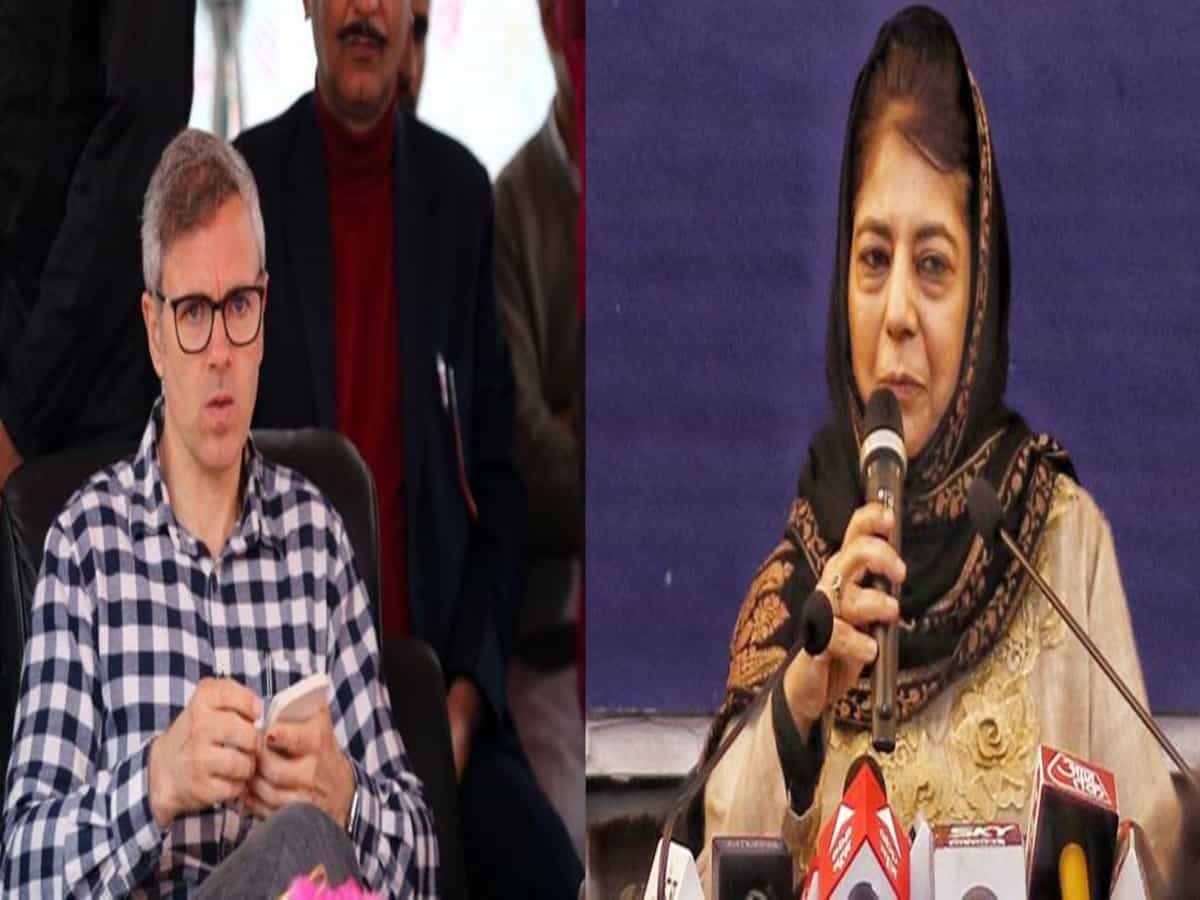
The Delimitation Commission report on J&K‘s new electoral map has evoked anger among Kashmiri Muslim leadership. The parties have not minced words in denouncing the report that in comparison to the populous Valley of more than 70 lakh people has got just one out of seven additional seats allocated to the Union Territory. The rest of the six seats have been allocated to the Hindu majority Jammu region, which is reckoned as bastion of the BJP.
Now the equation is Jammu region‘s seats have gone up to 43 from 37, just four short of 47 of the Valley, which earlier had 46. The gap has narrowed between the two regions from nine (46 versus 37) to four – 43 versus 47.
These will affect the political mindset of the people, some are happy over the increased share of the seats in the Jammu region for they believe that it would empower the politically marginalized Jammu region, while the Muslim-majority has developed reasons to fume over the reduced share in the electoral map of the UT
Though in arithmetic calculation has got Jammu 43 seats is short of the numerical strength of the Valley, but the way the Delimitation Commission has recommended two nominated seats for Kashmiri Pandits, now better known as the migrant community, and also the nomination of the members of the refugees community which descended on to Jammu after the tribal invasion of Jammu and Kashmir in 1947, the numbers of Jammu seats would match that of the Valley.
Kashmiri leaders who despite their shifting stands on relations with Delhi, which in Kashmir means the Centre and its political ideology – here a difference is to be noted that Delhi is now seen more as BJP rather than as the federal government in Kashmir, are almost unanimous in finding flaws with the report that now has the official document, on the basis of which elections will be held in J&K, hopefully by this year-end.
The fears of the political parties in Kashmir are based on their personal, political experiences and perceptions about Delhi, particularly after the abolition of Article 370, with which the special status and privileges of the erstwhile state of J&K were done away with is that the Muslim community in Kashmir is being pushed to the brink. This decision of August 5, 2019, which also divided the state into two union territories of Ladakh and Jammu and Kashmir., they believe, fits into the overall plan of disempowering Kashmir.
The People’s Democratic Party of Muftis is on the frontline against Delhi’s moves vis-à-vis J&K, in particular Kashmir, has come out with the strident reaction. It stated: “ The PDP from day one has looked at the delimitation exercise as an extension of the process started on August 5, 2019, to disempower people from a particular community and a region. The final draft has proved our fears right again.”
It added: “ The GoI has used or misused independent institutions to turn the electoral majority into a minority by using geography, access as a ruse. It will be for the first time in the electoral history of the country that elections are being rigged long even before the first vote is cast. It’s another sad chapter of history written by the rulers sitting in New Delhi.”
The National Conference stated it in different semantics “ We have seen the final recommendations of the Delimitation Commission. We are studying the implications of these recommendations from individual assembly constituencies. No amount of gerrymandering will change the ground reality which is that whenever elections are held the voter will punish the BJP & its proxies for what they done to J&K over the last four years.”
But the question is that this report is a fait accompli for all the parties in J&K – and the anger among Kashmir-centric parties and jubilation in the BJP would have to wait till the elections are held and the results thereof. The wait is on.



